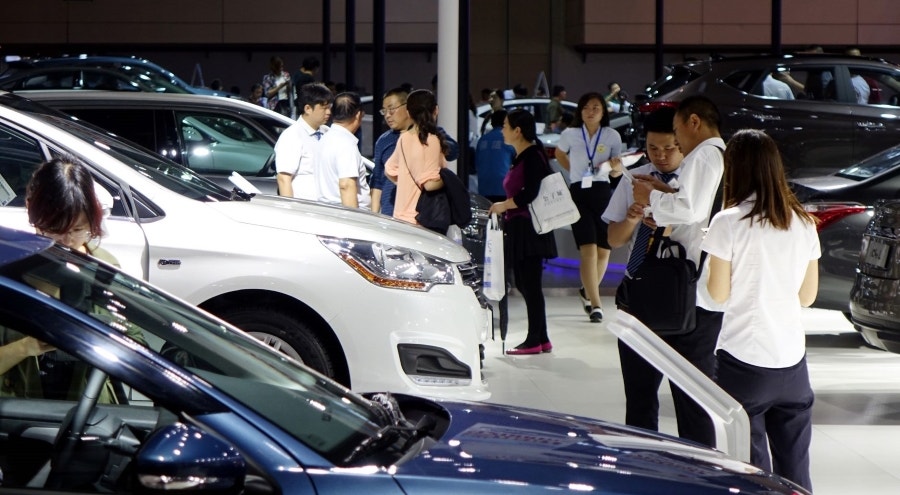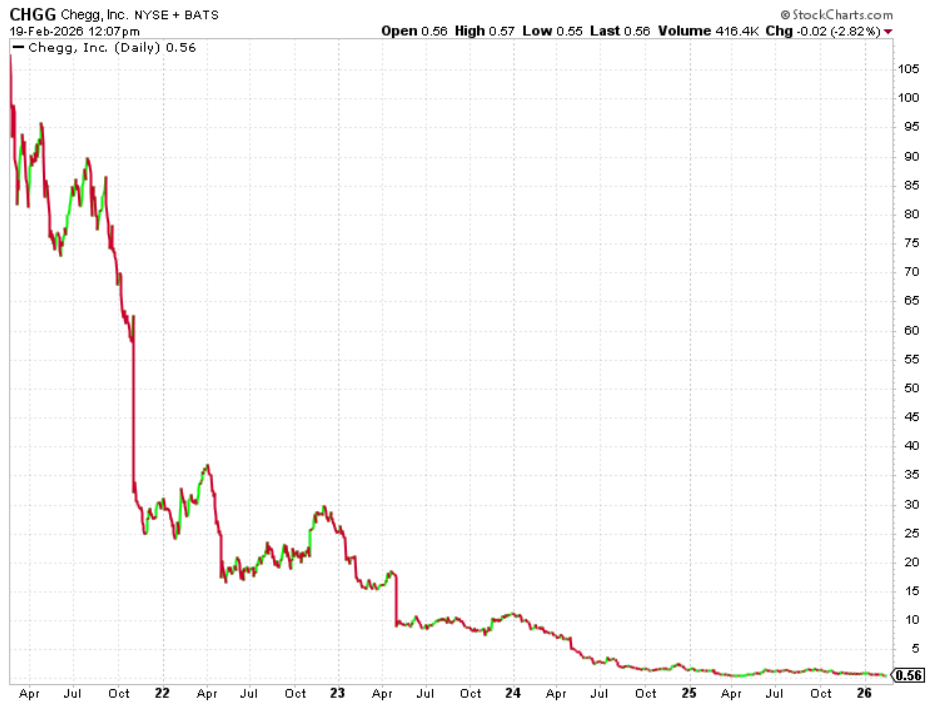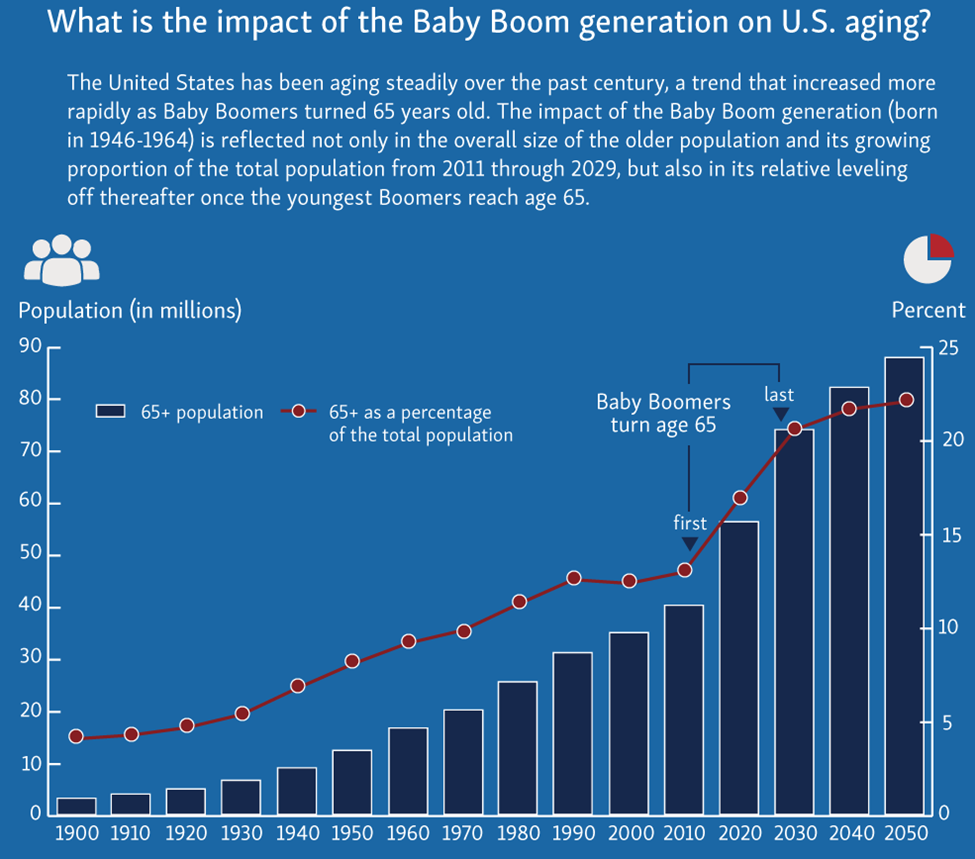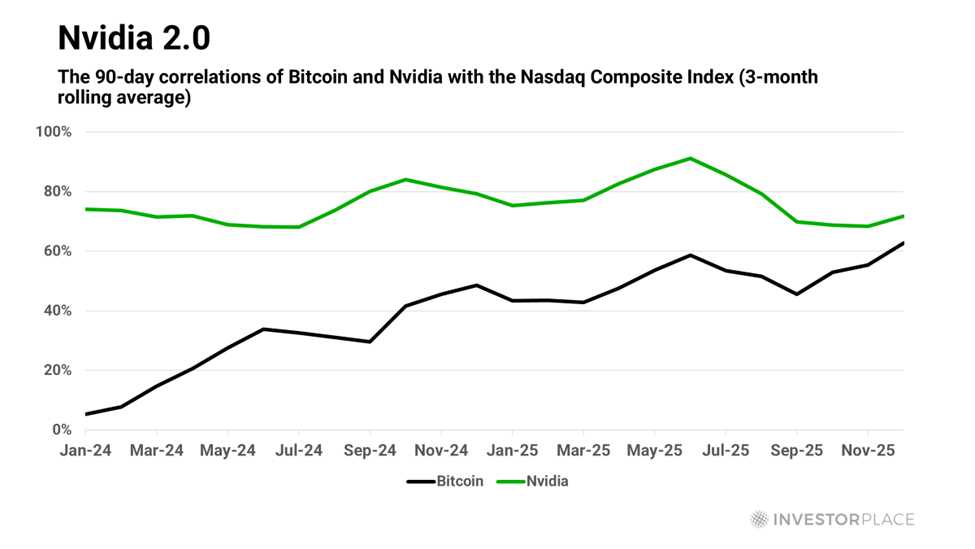
Unveiling the Numbers:
- Autohome’s profits grew approximately 4% last year to 1.88 billion yuan
- The trading platform’s sales of new energy vehicles skyrocketed, leaping nearly 82% last year
By Fai Pui
China’s car market has revved into high gear and this trajectory is propelling Autohome Inc. ATHM toward a post-Covid resurgence, but not without navigating some speed bumps along the way.
Prompted by governmental measures and manufacturer promotions, Chinese passenger car sales surged by 5.6% last year to 21.7 million units, nearly tripling the 1.9% increase seen in 2022, thereby solidifying China’s position as the world’s largest auto market.
Autohome, an online auto trading portal, is riding this wave of expanding car ownership and witnessing a substantial spike in sales, largely propelled by new energy vehicles (NEVs). The company concluded 2023 with a fifth consecutive quarter of revenue growth, a modest rise indeed. Latest data reveals that the fourth-quarter revenue reached 1.91 billion yuan ($269 million), marking a year-on-year increase of 1%, while net profit experienced a 25.6% dip, settling at 432 million yuan.
However, the annual figures present a more sanguine picture. Autohome’s earnings escalated by 3.5% to 7.18 billion yuan last year, and net profits also witnessed a 4% uptick, amounting to 1.88 billion yuan. Furthermore, the company reported an adjusted net profit of 2.16 billion yuan for the year, on par with the 2.17 billion yuan in 2022, maintaining a high adjusted net profit margin of 30.1%.
These numbers were indeed unexpected, and unsurprisingly, the stock price on the Hong Kong market responded exuberantly. It propelled 8.3% to HK$52 on the day following the earnings announcement.
Positioned as an intermediary connecting car buyers and sellers through its digital platform, Autohome also operates physical showrooms that provide customers the chance to experience various auto brands through high-tech simulations. Its three main business segments encompass media services, lead generation, and online marketing.
Although revenues from media services experienced an 18% decline, amounting to 500 million yuan in Q4 and decreasing by 4.7% to 1.87 billion yuan for the entire year, the other business divisions demonstrated more robust performance. In Q4, revenue from lead generation surged by 6.9% to approximately 840 million yuan, with a yearly rise of 1.8% to 3.11 billion yuan. Online marketing and other services showcased the most vigorous results, with revenue skyrocketing by 14.8% to 570 million yuan for the quarter and surging by 14.6% to 2.2 billion yuan for the full year.
While revenues are on an upward trajectory, costs have heightened correspondingly. Sales and marketing expenses soared by 8.5% to 730 million yuan in Q4 compared to the same period in the previous year, while general and administrative expenses leaped by 52.6% to 157 million yuan. Concurrently, research and development expenses surged by 13.7% to 356 million yuan. Overall, operating expenses for the quarter witnessed a substantial 14.2% hike, reaching a staggering 1.24 billion yuan, and experienced a 2.4% increase, landing at 4.9 billion yuan for the entire year.
A significant portion of the company’s favorable earnings performance is attributable to its investment strategy. Last year, returns from interest and investments surged by a substantial 47.1% to 831 million yuan. Earnings from holdings in associate companies, referred to as equity method investments in the results, swung from a loss of nearly 50 million yuan to a profit of 29.13 million yuan. Together, interest and investment income accounted for nearly 44% of the company’s 1.88 billion yuan profit last year.
Despite grappling with post-pandemic challenges, the car trader has placed hefty bets on the growth of electric cars and the second-hand vehicle market. It has amplified marketing efforts in response to escalating competitive pressure from NEV manufacturers, who are transitioning to a direct sales model, potentially squeezing out intermediaries like Autohome. As a counter move, the company is investing in tools that assist customers in checking car prices and conditions, while also expanding its offline showrooms to gain a stronger foothold in the NEV market.
By the end of last year, Autohome had introduced 20 of its Energy Spaces in various cities across China, with the latest one housed in Beijing’s automobile museum. Here, holographic technology enables buyers to browse through a selection of cars in an immersive setting. By inputting their desired budget, brand, and model, they can locate matching cars from factories, dealerships, or second-hand platforms, all without having to visit multiple stores.
Strategic Collusion with Baidu
The launch of the Autohome Energy Spaces bolstered the company’s NEV car sales revenues by a striking 81.6% last year, drawing in more brands into the ecosystem. These centers offer 3D holographs of over 70 models from mainstream car brands. Autohome plans to scale up this network to encompass 50 Chinese cities this year, doubling to 100 cities in the subsequent year, and widening its scope to include international markets, thereby aiding Chinese car companies in establishing a global presence.
Industry pundits envision that the high-tech Autohome centers could fuel the company’s foray into third- and fourth-tier Chinese cities, becoming a conduit to introduce buyers in those regions to an array of NEVs.
These experience centers have the potential to reinvigorate the used car business, equipping customers with crucial data and information about both second-hand vehicles and new cars. Autohome, possessing a 51% stake in the car trading platform Tiantian Paiche, projects that its experiential showrooms will play a pivotal role in tapping into the hitherto underexplored market for used cars in smaller Chinese cities.
Dependent on technology for its spaces, the company has made extensive investments in R&D, forging partnerships with industry leaders, such as Baidu BIDU, in domains like artificial intelligence and big data. In early February, Autohome announced a collaboration with Baidu to drive innovation across a spectrum of areas, including content creation, marketing, customer service, and business decision-making, harnessing Baidu’s Qianfan intelligent platform.
As one of the few vehicle trading platforms to chart a profitable course, Autohome flaunts a lofty price-to-sales (P/S) ratio. At 3.16 times, it stands head and shoulders above its domestic peers Cango CANG and Kaixin Auto KXIN at 0.56 times and 0.14 times respectively, as well as U.S. online car dealer Carvana CVNA at 0.54 times. This substantial premium signals investor confidence in the company’s profitable trajectory.
This article is from an unpaid external contributor. It does not represent Benzinga’s reporting and has not been edited for content or accuracy.








